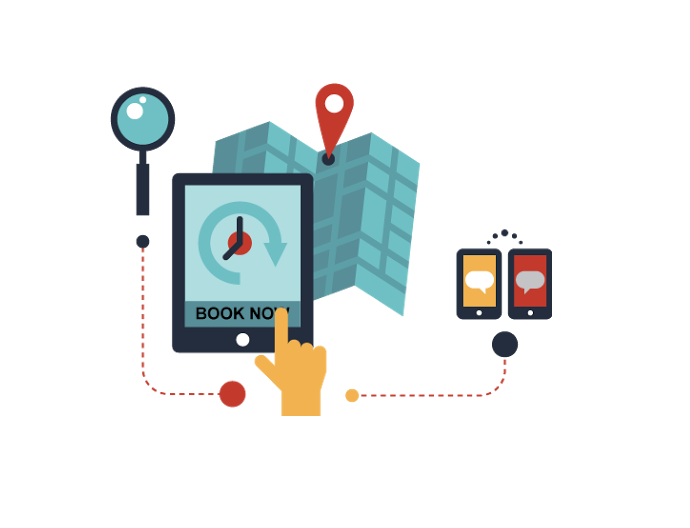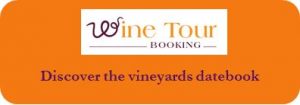 E-booking: wine tourism’s main factor of development!
E-booking: wine tourism’s main factor of development!
For some years now, a word about tourism sector is in order : “e-booking”, or online reservation. Nevertheless, it has to be said that for wine sector, we have to face two emerging situations : the first one is the concept of “wine tourism”, quite recent, the second one is to understand positively the Internet development.
E-booking: an answer for the wine tourism development
1 – “Digest” the concept of wine tourism, prior to apprehend e-booking
It’s important to be aware that 40% of foreign visitors come “also” in France for wine and gastronomy and that 29% come “only” for wine and food. It is therefore understandable why our wine heritage needs to be easier to reach.
For many wineries, wine tourism involves only to be opened to visitors in order to promote and make known directly the result of their work. Benefits: in addition to income generating tasting on site (tour price but especially wine sales with higher margins), visitors return home, repeat their purchases and become brand promoters.
If this is a first step, we must nevertheless go further and argue as actor of tourism sector, much more than as a wine producer. Indeed, a growing proportion of tourists seek to give an added value to their holidays, regarding culture and lifestyle activities. However, wine tourism shouldn’t be directed at only wine lovers. It must also appeal to spouses, children, friends, who are often part of the holidays.
In California, wine tourism has existed for many years and generates nearly $3 billion, with over 48 million visitors each year. We could say that these figures are staggering, but they still attract our curiosity… To sum up the success of wine tourism, we note that offers in wine tourism across Atlantic are very entertaining: hotel, spa, swimming pool… within the Winery! The wine tourism offer fits into wine production, with a real touristic approach. The owner is both wine producer and tourist agent. In France, the owner is only a wine-grower willing to show how he works. The distinction is important, because to succeed in wine tourism, the wineries will have to expand their services and be creative to attract not only the wine lover, but also the tourist (this word has a pejorative connotation in French vineyards).
2 – E-booking: essential element in a wine tourism strategy
Starting from the premise that wine tourism must be seen as integral part of tourism, it is interesting to analyze the evolution of this activity at the same time of Internet development.
Figures are good proof, since revenue of e-tourism in France strongly increase (annual growth of 10%) in less than a decade to reach 12 billion euros, higher than increase of traditional tourism sector. The wine tourism sector thus represents one third of market share online.
Furthermore, 80% of French being gone on holidays in 2012, say they prepare and book travel using Internet (see “le portrait-robot de l’oenotouriste”). Needless to say that French are not the only ones to do so!
Certainly that most of properties have a website and open their doors at set times, but you will often have to call to book a visit, and be sure you will be well welcomed. However, due to obligations of time difference, it’s very tedious for the wine tourist… With internet, he search for informations and above all need reactivity; he must be able to learn, choose and book immediately and easily. That’s why we are witnessing the growth of web platforms that allow to pool and emphasize the visibility of properties, but also to share these online reservations services.
E-booking is now a practice fully generalized, especially for hotel reservations, but increases also in catering, following the example of the website Lafourchette.com. Regarding wine tourism activity, Wine Tour Booking is the only French website offering to the wineries a tool to facilitate the management of their bookings. Awarded with 4 innovations prices since its launch in 2012 April, the last one is a Best of Wine Tourism, this website is a reference for wineries that want to develop a wine tourism activity in line with new requirements of Internet.
Arsène Bacchus – translated by Anne Gruau

